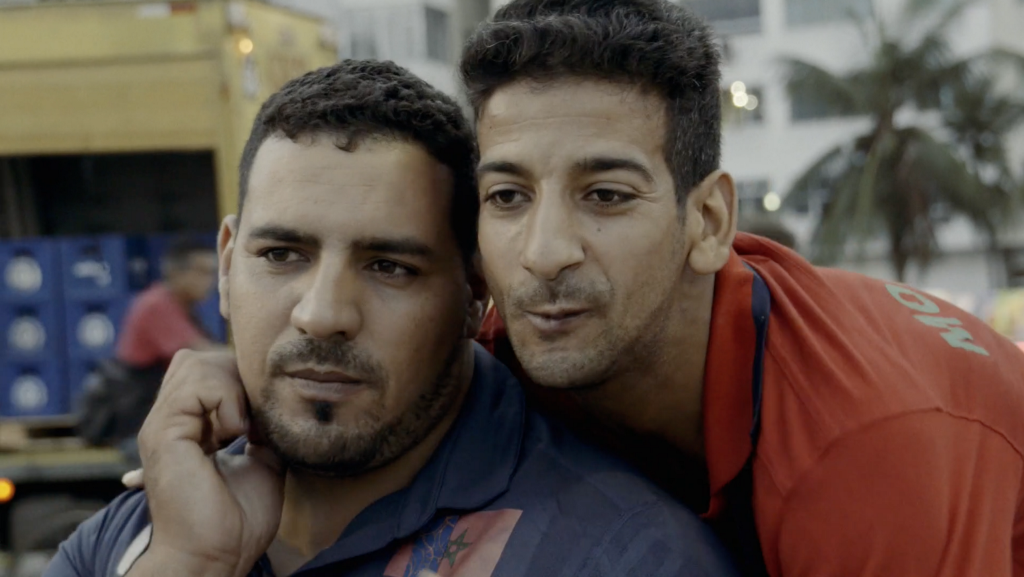Hind Bensari’s first documentary short, “475: Break the Silence,” contributed to a movement in Morocco that succeeded in repealing a law that allowed men accused of rape to marry their victims. She is a Tedx speaker.
“We Could Be Heroes” will premiere at the 2018 Hot Docs Canadian International Documentary Film Festival on May 2.
W&H: Describe the film for us in your own words.
HB: Set in Morocco, “We Could Be Heroes” tells the story of two disabled friends, Azzedine and Youssef, with extraordinary hopes and dreams to break out of the prison of no opportunity they were put in by conquering the Rio Paralympic Games.
W&H: What drew you to this story?
HB: Azzedine, my main character, intrigued me the second I met him. Something about him commanded respect, despite his humble manners. But it was only when I saw him and Youssef that I knew I had enough there to dedicate the next three years of my life into crafting their story. [I wanted] to tell the desolating effects of discrimination and inequality in my country of origin, Morocco.
Growing up in Morocco, I was always aware of the deep socio-economic divisions that structured our society. The vast gap between rich and poor has only widened over the years, as state institutions kept failing to provide decent public education and healthcare to its citizens.
Azzedine and Youssef’s dedication, the purity of their affection for each other, and their use of humor to overcome injustice and carry on provided me with a wealth of inspiration to write the story of their incredible journey to conquer what seemed to be an impossible project for outcasts without means: the Rio Paralympic Games.
W&H: What do you want people to think about when they are leaving the theater?
HB: I hope that the audience will be inspired by the unique friendship and strong solidarity that my main characters share.
W&H: What was the biggest challenge in making the film?
HB: [Filming in] Morocco was very challenging due to the constant harassment by local authorities and informants who regularly interrupted us while shooting.
W&H: How did you get your film funded? Share some insights into how you got the film made.
HB: The film was almost exclusively funded by European and Middle Eastern public funds for cinema and the arts, National Television of Morocco (2M) and National Television of Denmark (DR), and NGOs.
W&H: What does it mean for you to have your film play at Hot Docs?
HB: My team and I are very proud to have my first feature film in competition at Hot Docs. Every person involved in making this film put in so much extra time and effort that we all felt very rewarded to be selected by one of the world’s most prestigious documentary festivals.
W&H: What’s the best and worst advice you’ve received?
HB: Best advice: Don’t get distracted by reality.
Worst advice: Just shoot, shoot, shoot, and you’ll figure it out eventually.
W&H: What advice do you have for other female directors?
HB: Look at people straight in their eyes whenever you are pitching or asking for something,
W&H: Name your favorite woman-directed film and why.
HB: “Mon Roi” (“My King”) by Maïwenn because it is a sharply observed, addictive, and poignant depiction of a relationship gone wrong. The film is so well directed that it plays like a documentary.
W&H: Hollywood and the global film industry are in the midst of undergoing a major transformation. Many women — and some men — in the industry are speaking publicly about their experiences being assaulted and harassed. What are your thoughts on the #TimesUp movement and the push for equality in the film business?
HB: It was about time.







